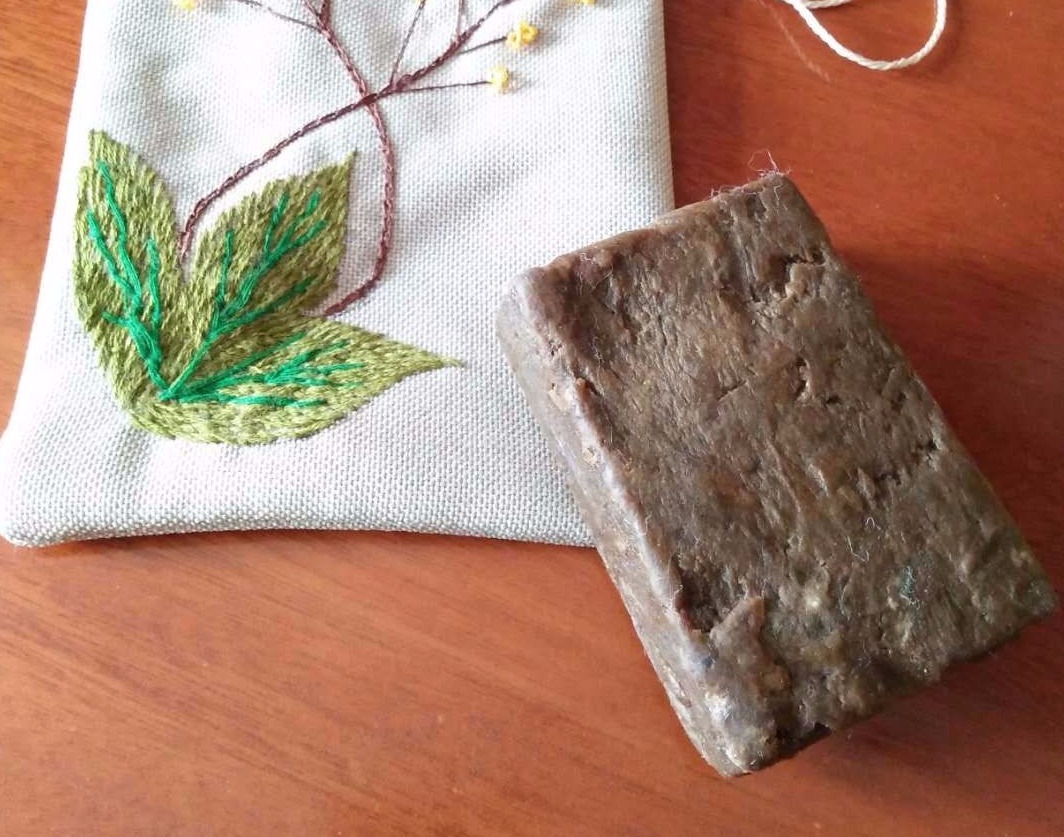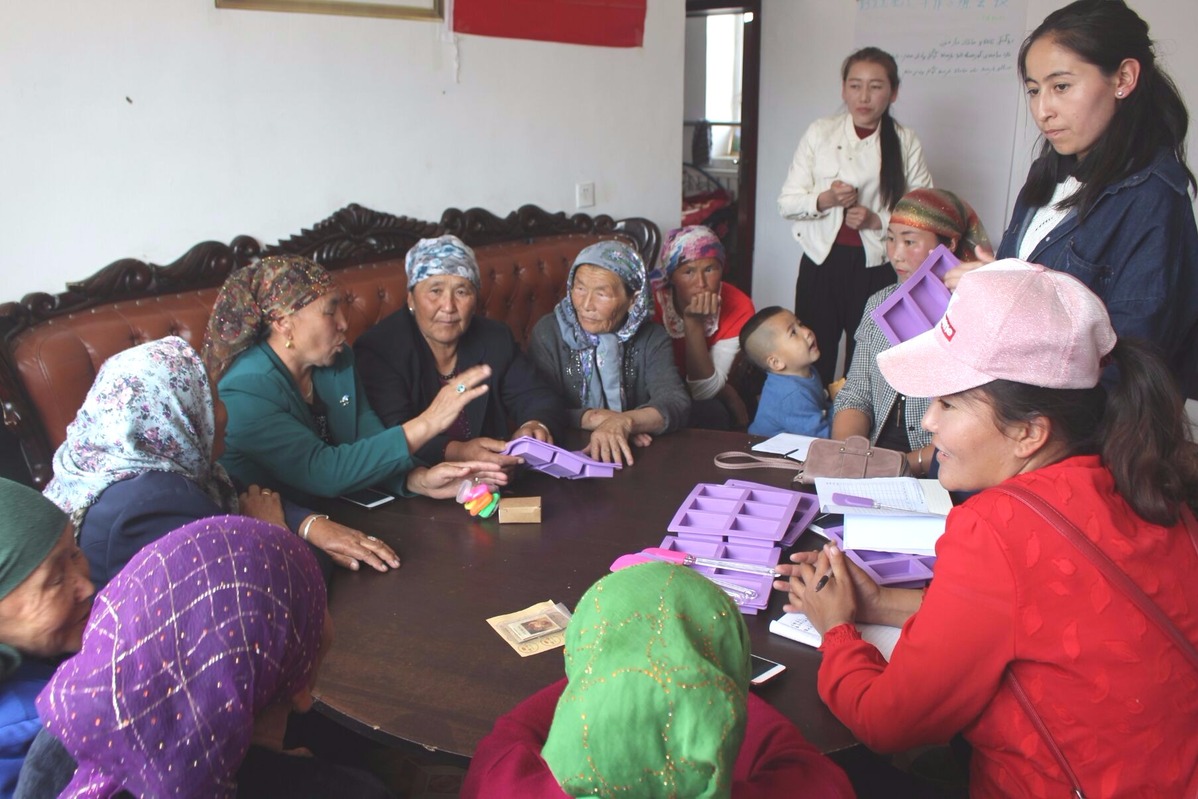Kazakh soap-makers reviving eco-friendly tradition
By Wang Keju and Mao Weihua | China Daily | Updated: 2018-08-24 09:36

Mother-of-eight Ahmantai Erjanhan has been making black soap, a natural product made from plants and animal oil, for almost 50 years, but it was only in June - at age 70 - she decided to use her traditional skills to start a business.
Erjanhan, who is from the Kazakh ethnic group, runs a soap-making workshop in Qinghe county, in the Xinjiang Uygur autonomous region, and employs 12 villagers.
To start the business, she received support from experts at Green Xinjiang, an ecological conservation and sustainable development NGO based in Urumqi, the regional capital.
As a nomadic people, the Kazakhs developed a way of living on the grasslands and invented many daily necessities, one of which was black soap. It is 100 percent natural, so the production process does not pollute the environment.
Erjanhan said her family used to be extremely poor.
Before she learned to make black soap, their clothes were washed by hand in water and beaten with wooden sticks. It did not make the clothes clean and they wore out quickly due to the rough treatment.
"At first, black soap was mainly used in my family," she said. "When it became easier to buy laundry products, fewer people produced black soap, as it's difficult to make. Gradually, it began to disappear."
About 30 women in Erjanhan's village know how to make black soap, which today provides them with an opportunity to make money while protecting the environment. It also serves as an eco-tourism experience, allowing visitors to better understand the traditional everyday culture of the Kazakh ethnic group.
Erjanhan said it is easy to find the raw materials around her village. Also, because it uses natural plant extracts that are good for people's health, black soap has therapeutic as well as cleansing properties, she added.

Kazakhs use different plants to make a variety of soaps, which have different effects. For example, soap made using ramie - a type of nettle - is used to treat acne and itching, especially for bathing infants and children, while soap using fennel can prevent dandruff and alleviate skin diseases.
"When a child has a fever, we smear their whole body with black soap," Erjanhan said. "It's also effective for rashes and itchy skin."
Each bar of soap made by the women can be sold for 45 yuan ($6.50), 10 percent of which goes toward the village's ecological fund. The women have put their products on a local e-commerce platform to improve sales.
"Black soap was passed down from the ancestors," Erjanhan said. "It takes only two days to make enough soap to supply more than 10 families for a year.
"I hope the younger generation don't forget this precious tradition and don't let the technique of making black soap disappear."
Contact the writers at wangkeju@chinadaily.com.cn























